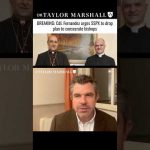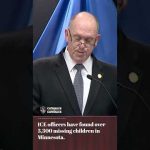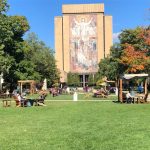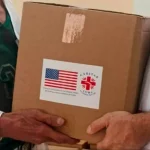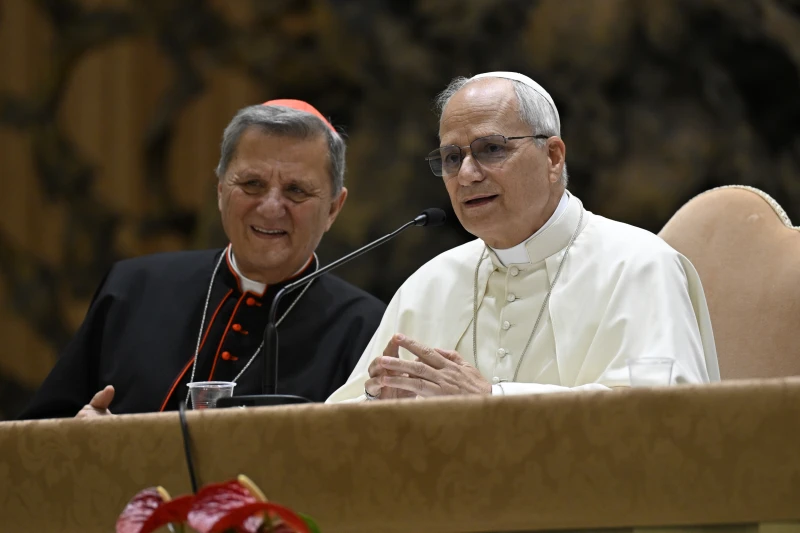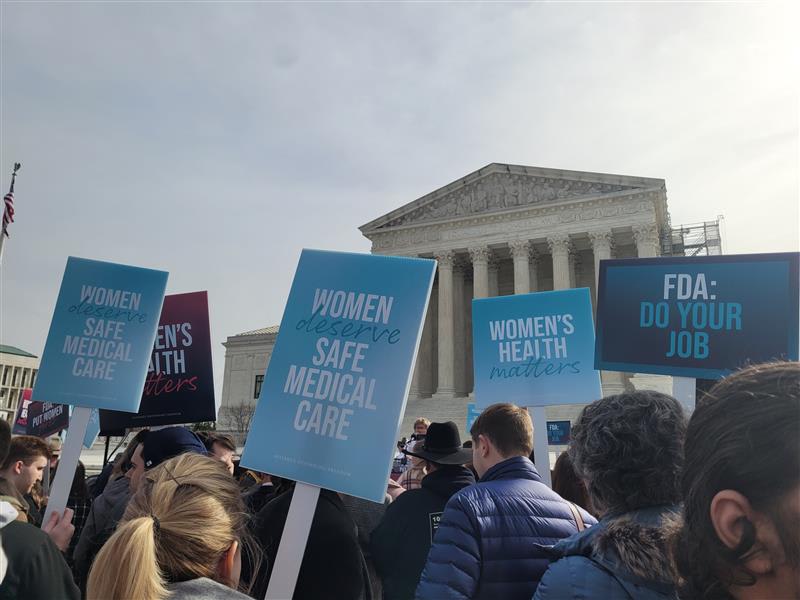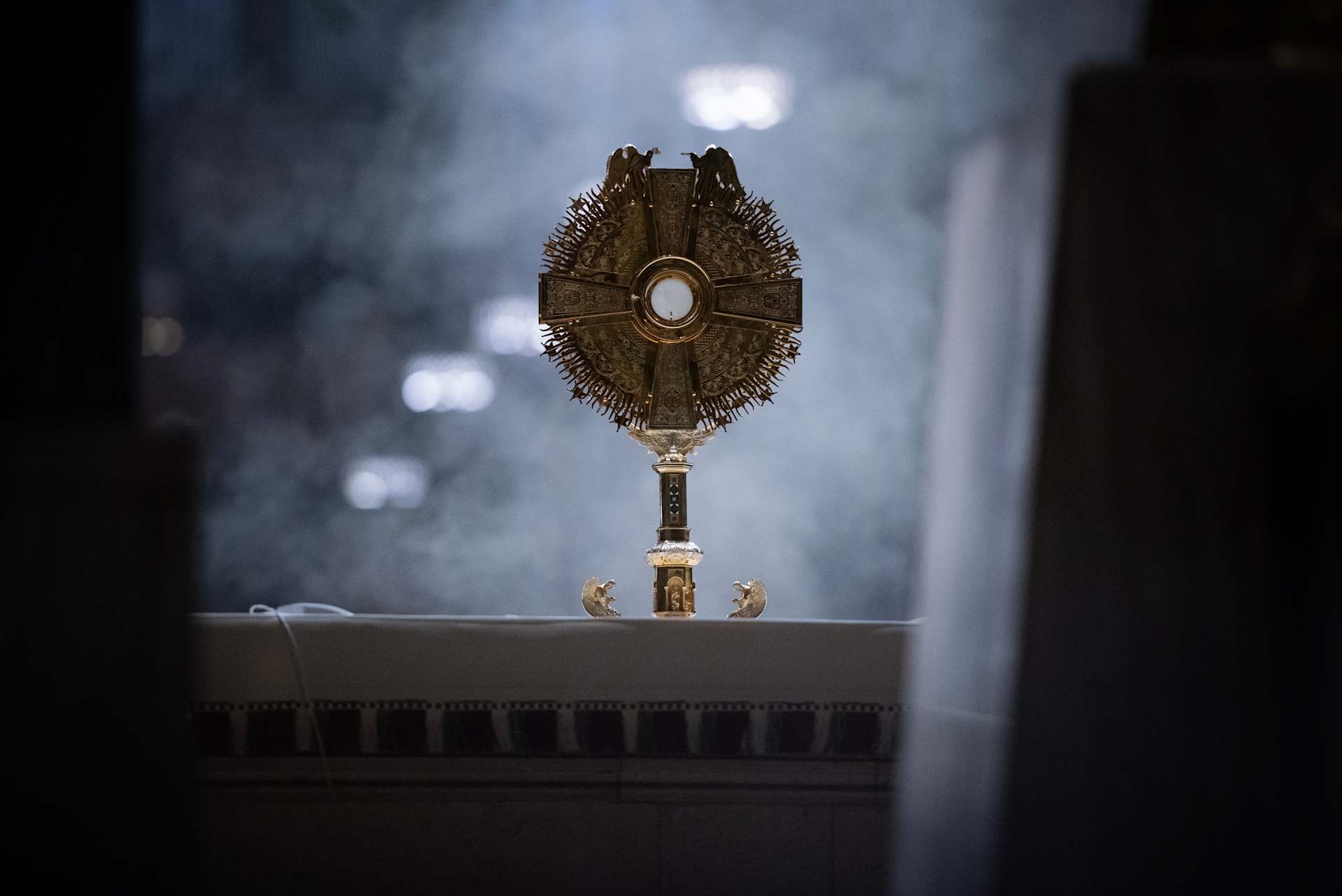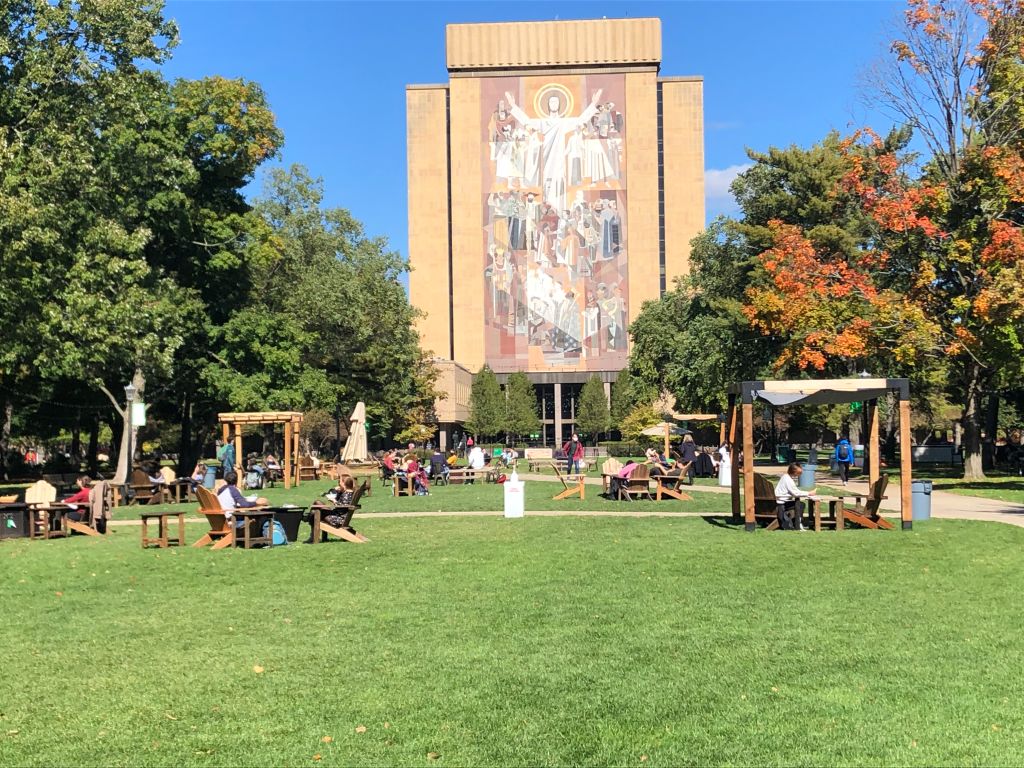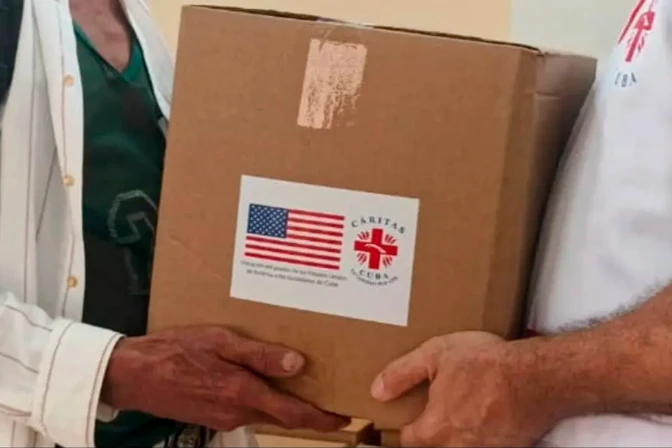
Pope Leo XIV sits next to Cardinal Mario Grech, general secretary of the Vatican’s synod office, during the jubilee of synod teams and participatory bodies in the Vatican’s Paul VI Hall on Oct. 24, 2025. / Credit: Vatican Media
Vatican City, Oct 25, 2025 / 12:00 pm (CNA).
There is no single model for what synodality should look like in all countries and cultures, Pope Leo XIV said in a discussion with synod leaders from around the globe, held at the Vatican on Friday.
“We have to be very clear, we’re not looking for a uniform model. And synodality will not come with a template where everybody and every country will say this is how you do it,” the pope said in the Paul VI Hall Oct. 24.
“It is, rather, a conversion to a spirit of being Church, and being missionary, and building up, in that sense, the family of God.”
Leo spoke about synodality in unscripted remarks in English, Spanish, and Italian during the opening session of a meeting for the jubilee of synodal teams and participatory bodies, taking place in Rome Oct. 24-26, part of the Church’s wider 2025 Jubilee of Hope.
Around 2,000 people are attending the synod-focused jubilee, which includes a two-day meeting “aimed at translating the orientations of the [Synod on Synodality’s] Final Document into pastoral and structural choices consistent with the synodal nature of the Church,” according to the Vatican’s synod office.

The pope joined part of the program on Friday evening to listen to representatives from different regions give reports on the implementation of synodality in their parts of the world, and to answer their questions about the synodal process.
Synodality, Leo said, “is to help the Church fulfill its primary role in the world, which is to be missionary, to announce the Gospel.”
He added that synodality “is not a campaign. It’s a way of being and a way of being Church. It’s a way of promoting an attitude, which begins with learning to listen to one another.”
The pope recalled the value of listening, “beginning with listening to the Word of God, listening to one another, listening to the wisdom we find in men and in women, in members of the Church, and those who are searching who might not yet be members of the Church.”
He also addressed resistance to the synodal process, such as worry by some that it is an attempt to weaken the authority of the bishop.
“I would like to invite all of you … to reflect upon what synodality is about and to invite the priests particularly, even more than the bishops, to somehow open their hearts and take part in these processes,” Leo said. “Often the resistance comes out of fear and lack of knowledge.”
He emphasized the need to prioritize formation and preparation at every educational level.
“Sometimes ready answers are given without the proper, necessary preparation to arrive at the conclusion that maybe some of us have already drawn, but others are not ready for or capable to understand,” he said.
“We have to understand that we do not all run at the same speed. And sometimes we have to be patient with one another,” Leo said. “And rather than a few people running ahead and leaving a lot behind, which could cause even a break in an ecclesial experience, we need to look for ways, very concrete ways at times, of understanding what’s happening in each place, where the resistances are or where they come from, and what we can do to encourage more and more the experience of communion in this Church which is synodal.”
Asked if groupings of churches, such as regional bishops’ conferences, will continue to grow in the life of the Church, Leo said, “the brief answer is yes, I do expect that, and I hope that the different groupings of churches can continue to grow as expressions of communion in the Church using the gifts we are all receiving through this exercise if you will, this life, this expression of synodality.”
The pontiff also weighed in on the topic of women and their participation in the Church, though he set aside the most controversial questions, which he said are being examined in a separate study group.
“So leaving aside the most difficult themes,” he said, “there are cultural obstacles, there are opportunities, but there are cultural obstacles. And this has to be recognized, because women could play a key role in the Church, but in some cultures women are considered second-class citizens and in some realities they do not enjoy the same rights as men.”
“In these cases, there is a challenge for the Church, for all of us, because we need to understand how we can promote the respect for the rights of everyone, men and women,” he encouraged.
The Church can promote a culture in which there is co-participation of every member of society, each according to their vocation, Leo continued. “We have to understand how the Church can be a strength to transform cultures according to the values of the Gospel.”




